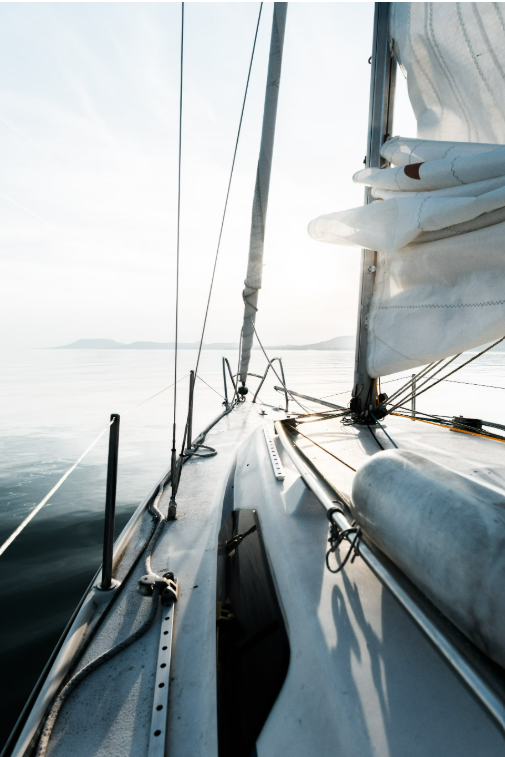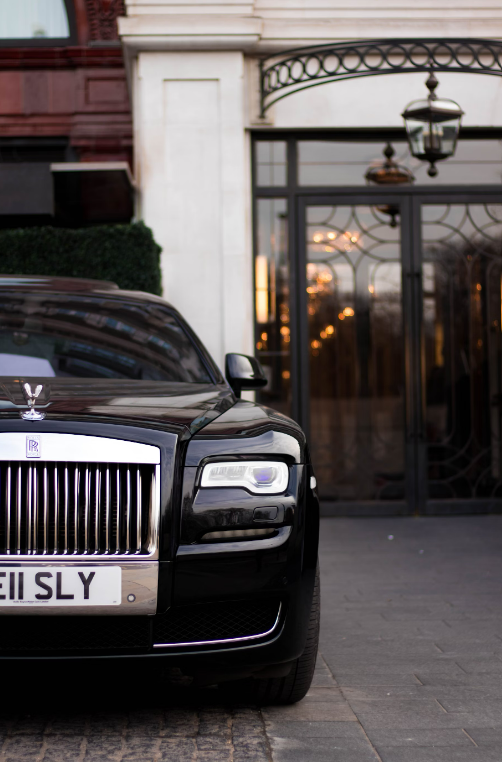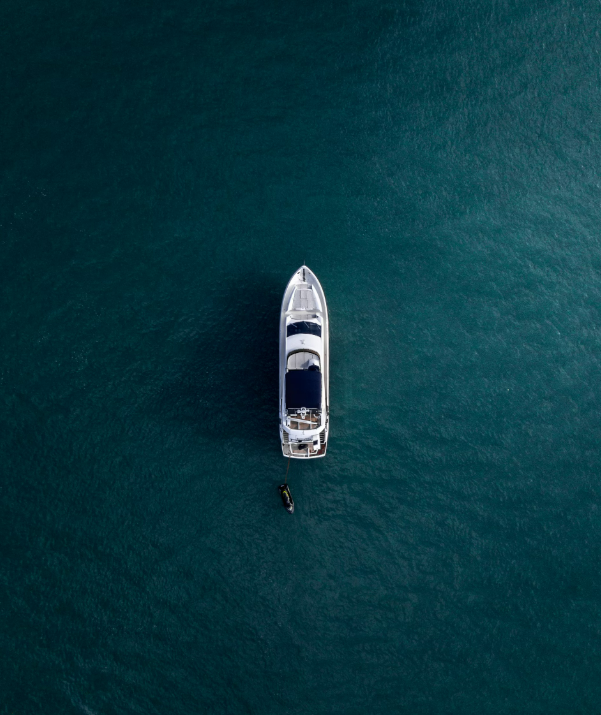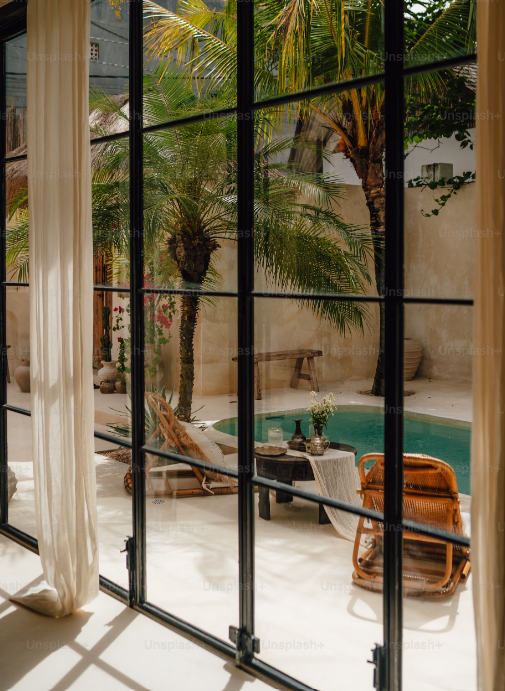Luxury goods and services are often associated with high price tags, exclusivity, and prestige. But what makes them so expensive? The answer lies in a combination of craftsmanship, brand value, scarcity, and the psychological allure of owning something extraordinary. Let’s explore the reasons why luxury comes at a premium.
1. Exceptional Craftsmanship
Luxury products are synonymous with unparalleled quality and attention to detail:
- Handmade Expertise: Many luxury items are crafted by skilled artisans who dedicate hours, sometimes days, to creating a single piece.
- Premium Materials: High-end brands use rare and high-quality materials, such as exotic leathers, precious metals, and gemstones.
- Durability: Superior craftsmanship ensures that luxury items often last much longer than mass-produced alternatives.
For example, a Hermès Birkin bag is hand-stitched by expert artisans using top-grade leather, justifying its hefty price tag.
2. Exclusivity and Scarcity
Luxury thrives on the principle of scarcity:
- Limited Editions: Many luxury brands release products in limited quantities, increasing their exclusivity and desirability.
- Rare Materials: The use of rare materials, such as crocodile leather or rare gemstones, adds to the exclusivity.
- Controlled Distribution: Luxury brands often limit the availability of their products, making them harder to obtain.
This scarcity creates a sense of uniqueness, driving up demand and, consequently, the price.
3. Brand Value and Heritage
The reputation of luxury brands plays a significant role in their pricing:
- History and Legacy: Many luxury brands, such as Chanel, Rolex, and Louis Vuitton, have decades (or even centuries) of history, earning a reputation for excellence.
- Prestige and Status: Owning a luxury item is often seen as a symbol of success and social status.
- Marketing and Storytelling: Luxury brands invest heavily in creating a compelling narrative around their products, adding emotional and aspirational value.
4. Research and Innovation
High-end products often incorporate cutting-edge technology or innovative designs:
- Timepieces: Luxury watches like Patek Philippe or Audemars Piguet feature intricate mechanisms that require years of development and testing.
- Fashion: Haute couture collections involve unique, trendsetting designs tailored to individual clients.
- Automobiles: Brands like Rolls-Royce and Bugatti invest in engineering marvels, combining performance, comfort, and aesthetics.
5. Exclusivity of Experience
Luxury extends beyond the product itself; it’s about the experience:
- Personalization: Luxury brands often offer bespoke services, tailoring products to individual preferences.
- Customer Service: High-end brands provide exceptional customer care, from private showrooms to after-sales support.
- Luxury Spaces: Flagship stores and boutiques are designed to provide a unique shopping experience, often located in prime real estate areas.
6. Psychological Appeal
The psychology of luxury contributes significantly to its value:
- Aspiration: Luxury items are aspirational, offering a sense of achievement or belonging to an elite group.
- Rarity Effect: The perception that a product is rare or exclusive makes it more desirable.
- Emotional Connection: Owning luxury often evokes pride, happiness, or fulfillment, justifying the expense for many buyers.
7. High Costs of Production and Operations
Behind the scenes, producing luxury goods is an expensive endeavor:
Artisanal Labor: Highly skilled labor is more costly than automated production lines.
Quality Control: Rigorous testing and quality assurance processes add to production costs.
Marketing and Branding: Luxury brands spend significantly on advertising, celebrity endorsements, and events to maintain their image.
Retail Spaces: Prime locations and lavish store designs come with hefty costs.
8. Economic Principle: Price as a Signal
Luxury goods often use high prices as a signal of quality and exclusivity:
- Perceived Value: Consumers equate higher prices with superior quality and rarity.
- Price Inelasticity: Wealthier consumers are less sensitive to price, allowing brands to maintain premium pricing without losing demand.
Is Luxury Worth the Price?
The value of luxury lies in the eyes of the beholder. While some see it as an unnecessary expense, others view it as an investment in quality, exclusivity, and status. Luxury transcends practicality—it’s about the experience, the story, and the emotional connection that comes with owning something extraordinary.
In the end, the allure of luxury isn’t just about the product; it’s about what it represents: aspiration, excellence, and the ultimate indulgence.



